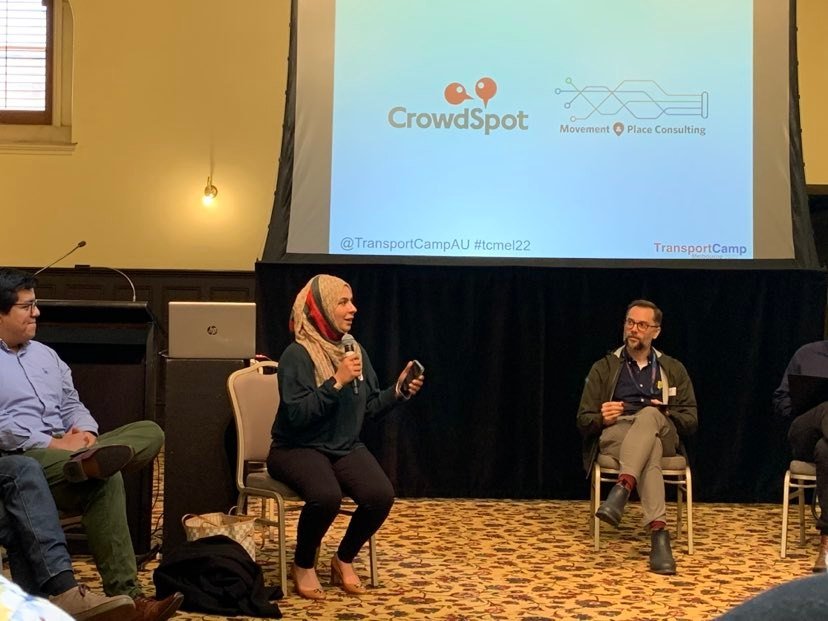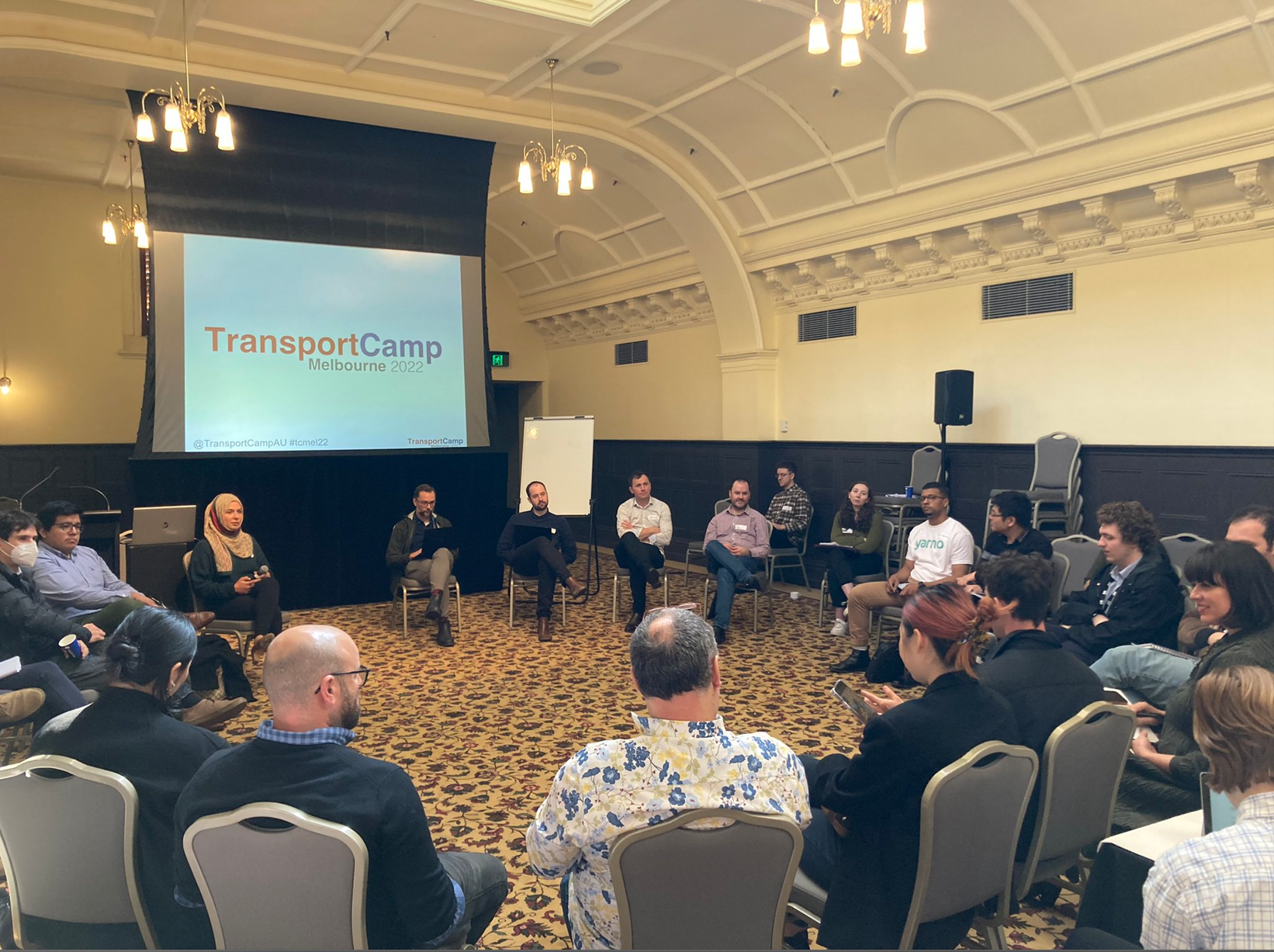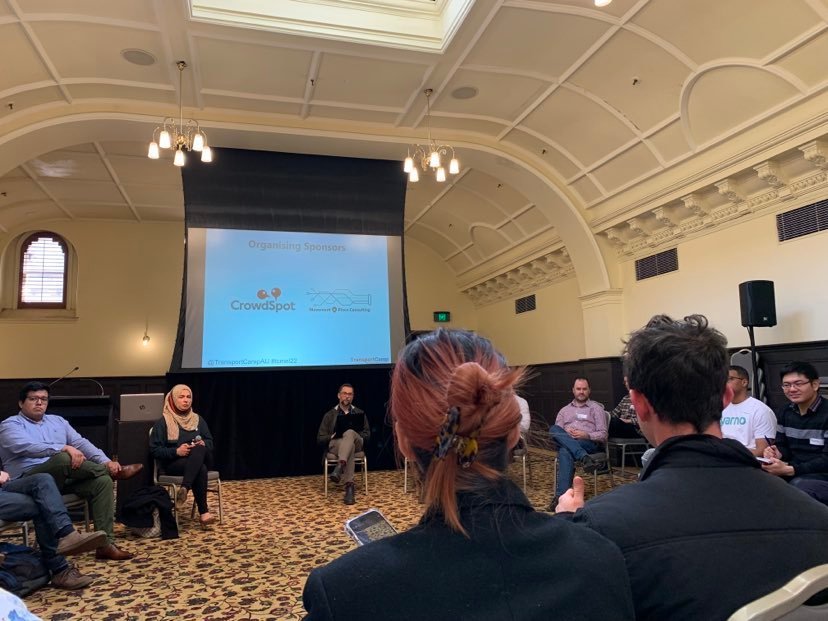Session: 1
Room: Supper Room
Session Title: Small Transport Wins in Regional Victoria: Support Properity
Format: Presentation and Group Discussion
Presenter Name: Benish (DoT)
Summary
When transport is funded, the geographic disadvantage is not considered.
Elderly populations are recognised, but not appropriately. Overall, we need bus services to capture these gaps in regional areas.
Emphasis on systemic interventions, and single projects are not viable.
Regional connections are often from direct A-B links to the CBD. This does not reflect the complexity of individuals’ transport needs. Consider medical services, do they need to travel to the CBD for these services? How can this be localised?
Regional buses: Often only run in the morning and afternoon, but there is a gap in the middle of the day. The absence of a holistic timeframe means the service only services a small group of the community. Buses during just 'school-time' peak hours limit the capability of the service.
Hyper Local, Flexible, Frequent, Integrated Towns and Cities are arranged as a 20-minute neighbourhood, but the infrastructure does not support these short, quick, and active trips.
Consider old regional towns, these were established before cars and therefore inherently were pedestrian spaces. We can revisit this approach. We can look to the future, but sometimes we can look to the past.
Responsive transport / On Demand: This is a new innovation. Barriers to access can affect the elderly. A case study (unnamed) moved away from fixed services, and the ridership decreased by 80%. Good in theory but needs to be carefully implemented. If additional care is focused on people with special needs.
Challenges: The regional centres have services, but what about people who live in more rural areas. How can transport serve people who live "in the sticks"?



